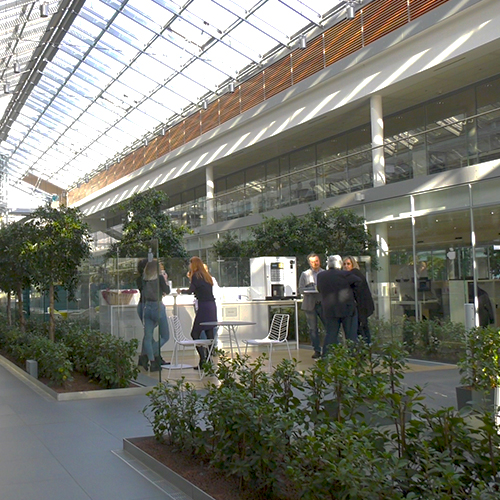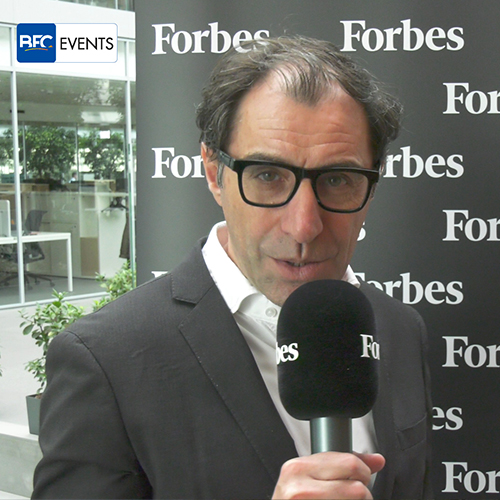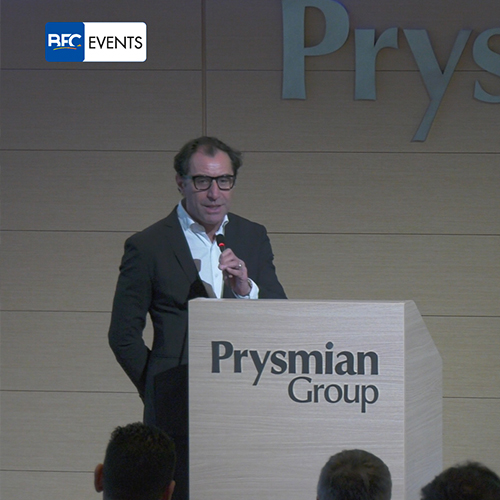Prysmian teams up with BlueAcademy in Corporate Social Responsibility management Executive Master
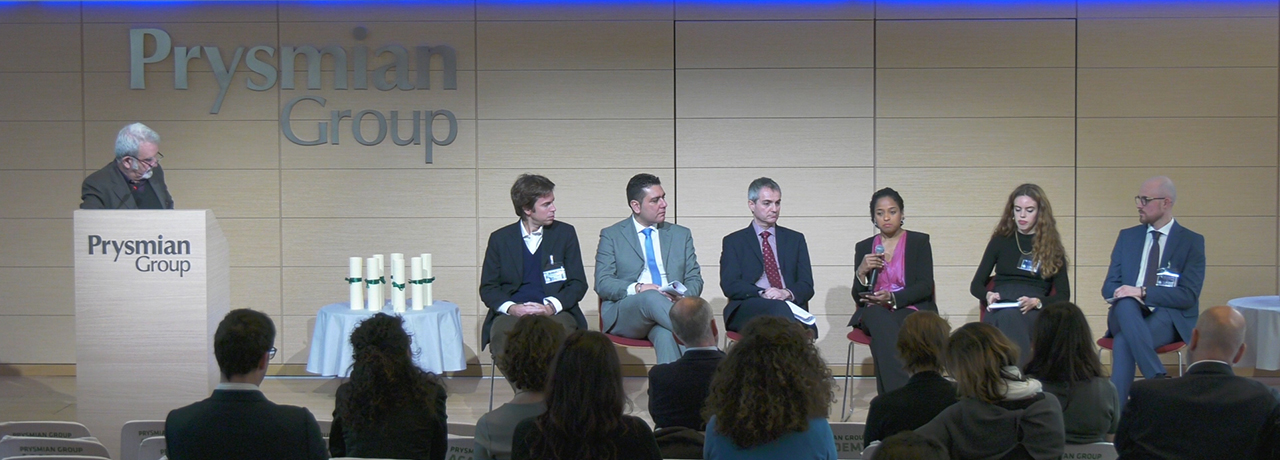
Corporate Social Responsibility is becoming increasingly important for companies, which need expertise to meet these new challenges. For Prysmian Group, supporting a new generation of CSR leaders is another way to enable the transition to clean energy and creating sustainable value.
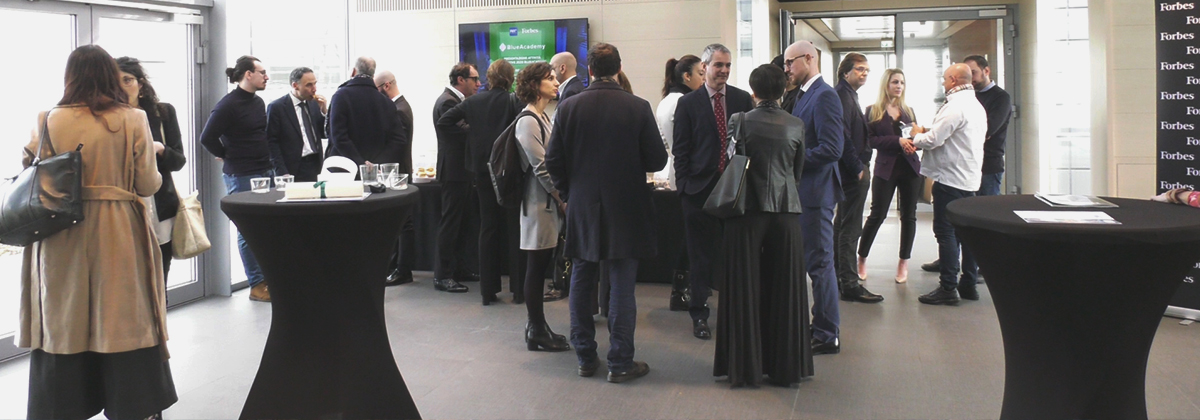
Prysmian Group hosts roundtable and final ceremony
For Prysmian Group, sustainability means enabling the transition to clean energy any way we can. That’s why we decided to support the first edition of the Executive Master in Corporate Social Responsibility Management held by BlueAcademy in Milan.
On February 21, Prysmian threw open its Milan headquarters to host an event to cap off the final day of the course when students received their certificates. They are all now hopefully on their way to becoming Corporate Social Responsibility managers.
“The dialogue with companies was important for the Master, because it gave us the opportunity to have practical applications in our work world.”
Xenia Tovar
Ministry of Labor sustainability consultant
The Master trains graduates and executives to help companies face an increasingly complex world. The curriculum is based on case studies presented by corporate managers as well as course work led by highly qualified instructors. Prysmian was a partner in the first edition of the Master, and has confirmed it will continue with the second year of the course which starts at the end of March.
The centerpiece of the event was a round table chaired by Prysmian Group’s Chief Communication Officer Lorenzo Caruso along with Enzo Argante, Responsibility Editor at Forbes Italia.
Caruso illustrated Prysmian Group’s sustainability strategy, which is based on targets using the UN’s Sustainable Development Goals (SDGs). The SDGs are a road map to help companies take action to reduce poverty, hunger and pollution by 2030. Prysmian has committed to achieving 18 of its own goals by 2020 such as increasing the amount of its revenue coming from low-polluting products, increasing the amount of waste it recycles, and cutting down on emissions, Caruso told the course participants. Prysmian has met many of these goals.
The focus of the event was presentations by course participants that covered several different business and industry sectors. Giacomo Maggiore analyzed the problem of exploitation of farm workers, and created a corporate responsibility project to improve the logistics of transporting these workers back and forth to the workplace. Andrea Zattarin presented a CSR project in the insurance sector, which involves the creation of insurance products dedicated to people with disabilities, their families and volunteers who work with them. Flavia Loner instead focused on the fashion and sportswear sector, taking Adidas' current circular economy strategies as an example. Ugo Assandri then considered the case of CSR in large-scale retail chains. Ministry of Labor sustainability consultant Xenia Tovar talked about the need to activate a dialogue between institutions and companies on CSR. Finally, Guido Amoruso Manzari focused on how communication can support of CSR policies through transparency and reporting.





